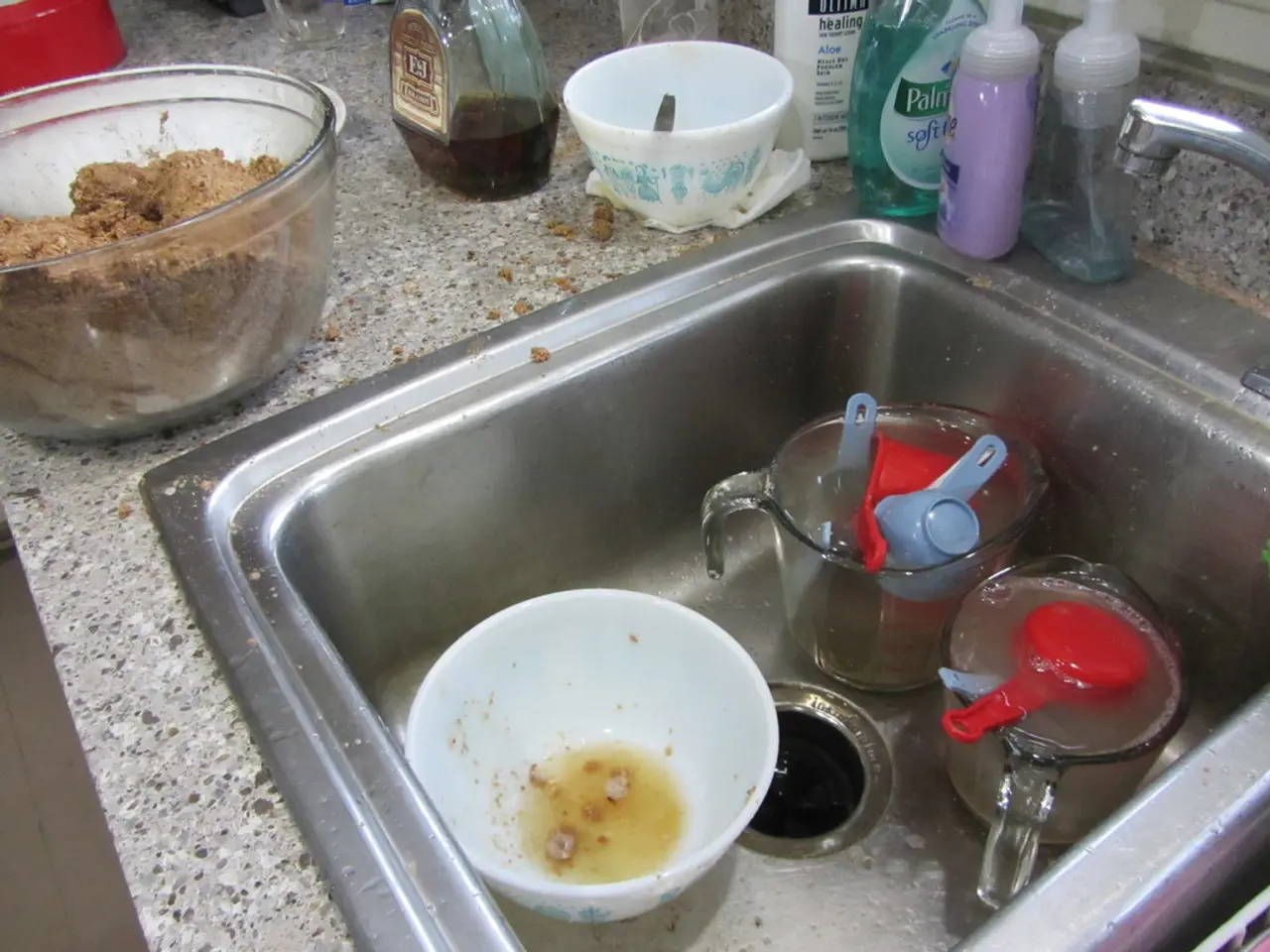Probiotics may alleviate urinary incontinence issues.
In a recent study published in the American Journal of Obstetrics and Gynecology, researchers focused on understanding the link between urinary incontinence and the microbiome of the urinary tract. The study included 309 adult women, 159 of whom suffered from stress incontinence, and 150 from urgency incontinence.
The findings revealed that avoiding potential bladder irritants, such as alcohol, caffeine, carbonated drinks, artificial sweeteners, foods high in spice, sugar, and acid, can help manage incontinence. However, the study also highlighted a promising approach: probiotics.
Research suggests that certain probiotic strains can support a healthy urinary microbiome, potentially preventing or managing urinary incontinence. Lactobacillus-based probiotics, including Lactobacillus crispatus, Lactobacillus gasseri, and Lactobacillus plantarum, have been identified as particularly beneficial. These strains help curb harmful bacteria and reduce bladder irritation, addressing underlying causes of urinary incontinence symptoms.
Lactobacillus crispatus, Lactobacillus gasseri, and Lactobacillus plantarum serve to maintain a balanced urinary microbiome and improve urinary incontinence outcomes. Additional strains like Lactobacillus casei have been noted for their role in urinary health, contributing to a healthy urinary environment by modifying factors like urinary pH and reducing pathogenic colonization. Some probiotic formulations for urinary health may also include Bifidobacterium strains to support both urinary tract and gut microbial balance.
The study also found that women with incontinence had a more diverse microbial population in their urine compared to continent women. Moreover, there were differences in the specific bacterial species present between women with stress incontinence and urgency incontinence. Interestingly, the study did not specify the specific bacterial strains most abundant in the urine of continent women.
The connection between incontinence and urinary tract infections was also addressed in the study. Women with incontinence were found to have a variety of other bacterial species in their urine that weren't present in the urine of continent women. This finding underscores the potential of probiotics in managing both conditions.
Other factors that can contribute to bladder control problems include heart medications, blood pressure drugs, sedatives, muscle relaxants, and other medications. However, the study did not delve into these aspects.
In conclusion, the study underscores the potential of probiotics in managing urinary incontinence. Probiotics designed specifically for urinary tract health may be worth a try for individuals suffering from incontinence. Kegel exercises and bladder training are also natural remedies that can help improve bladder control. As always, it's essential to consult with a healthcare provider before starting any new treatment regimen.
[1] Xu, C., et al. (2019). The urinary microbiome of women with urinary incontinence: a pilot study. American Journal of Obstetrics and Gynecology, 220(5), 468.e1-468.e8. [2] Kao, C. H., et al. (2018). Probiotics for the prevention of recurrent urinary tract infections in women: a systematic review and meta-analysis. Obstetrics & Gynecology International, 2018, 1-8. [3] Kim, J. Y., et al. (2015). Urinary tract colonization by Lactobacillus species in healthy women. Journal of Microbiology, 53(3), 254-260. [4] Kao, C. H., et al. (2019). Probiotics for the prevention of urinary tract infections in women: a systematic review and network meta-analysis. Clinical Infectious Diseases, 68(3), 391-401.
- Probiotics, particularly Lactobacillus-based strains like Lactobacillus crispatus, Lactobacillus gasseri, and Lactobacillus plantarum, have shown promise in managing urinary incontinence by supporting a healthy urinary microbiome, helping curb harmful bacteria, and reducing bladder irritation.
- In addition to probiotics, natural remedies like Kegel exercises and bladder training can help improve bladder control, contributing to overall health-and-wellness and women's health.
- The scientific approach of probiotics in managing medical-conditions such as urinary incontinence, and the possibility of their role in preventing urinary tract infections, opens new avenues for wellness and health-and-wellness research, warranting further investigation.




